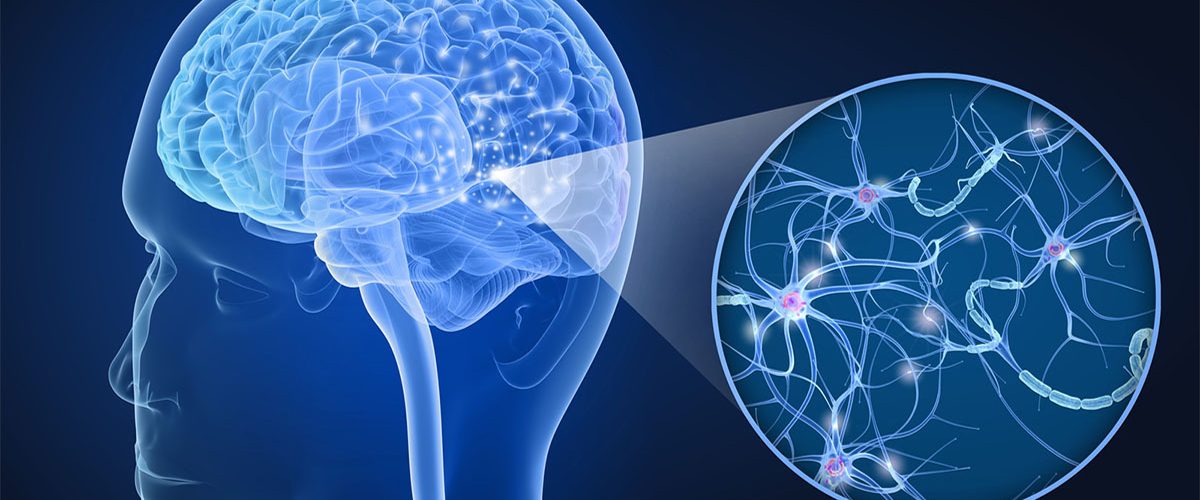Are you in a bad mood, when you have chronic pain? – Scientists discovered, it is normal. A new study suggests that chronic pain impacts our emotional control. It indicates the emotional dysregulation that often goes hand in hand with chronic pain may be rooted in neurochemical changes brought on by the pain itself.
This study is led by a team of scientists in Australia, and they found that chronic pain is associated with reduced levels of vital neurotransmitters in the brain, which are believed to cause chemical disruption with the regulation of negative emotions, in people with chronic pain. The most common finding was anxiety and depression in chronic pain sufferers. It is unsurprising those experiencing persistent long-lasting pain can be quick to temper. Pain is exhausting, and chronic pain can wear a person down.
A lead author of the study, neuroscientists and psychologist, Associated Professor, of New South Wales and neurological research institute in Australia, Sylvia Gustin says,
Chronic pain is more than an awful sensation. It can affect our feelings, beliefs, and the way we are.
Sylvia goes on to say, “We have discovered, for the first time, that ongoing pain is associated with a decrease in GABA, an inhibitive neurotransmitter in the medial prefrontal cortex. In other words, there’s an actual pathological change going on.”
By recruiting 24 people with chronic pain, and observing them against24normal subjects – with no history of chronic pain, they measured the levels of GABA (gamma-aminobutyric acid) in the medial prefrontal cortex and found that those having chronic pain have significantly lower levels of the neurotransmitter. Surprisingly, GABA levels were consistently low across the chronic pain cohort irrespective of the type of chronic pain they were suffering from.

Reduced levels of GABA mean that the communication between the brain cells cannot be properly maintained. This reduction in neurotransmitters could result in amplification of our actions, emotions, and thoughts, according to Gustin.
While explaining the plausible mechanism by which pain could cause changes in the brain, Gustin said,
Everything starts with stress. When someone is in pain, it increases stress hormones like cortisol, which can trigger massive increases in glutamate. This happens during the initial, acute stage of pain.
The human immune cells, in an attempt to regulation for these lower levels of neurotransmitters, could cause long-term downregulation of the neurotransmitter itself. This could lead to “a person’s ability to feel positive emotions, such as happiness, motivation and confidence may be taken away – and they can’t easily be restored,” says Gustin.
This study could allow scientists to find a potential treatment in the future, that could particularly target GABA and glutamate levels in the media prefrontal cortex to improve the mental health of those suffering from chronic pain. The current drugs, influence the levels of GABA and glutamate across the entire central nervous system and aren’t targeted to the medial prefrontal cortex. According to Gustin’s recommendation, for the drug to be effective for patients with chronic pain, at the cost of minimal side effects, it has to be very targeted to the particular region of the brain. Our current hope lies in the therapy programs, that could let the patient regulate negative emotions better while mitigating the chemical imbalance.
















Add comment